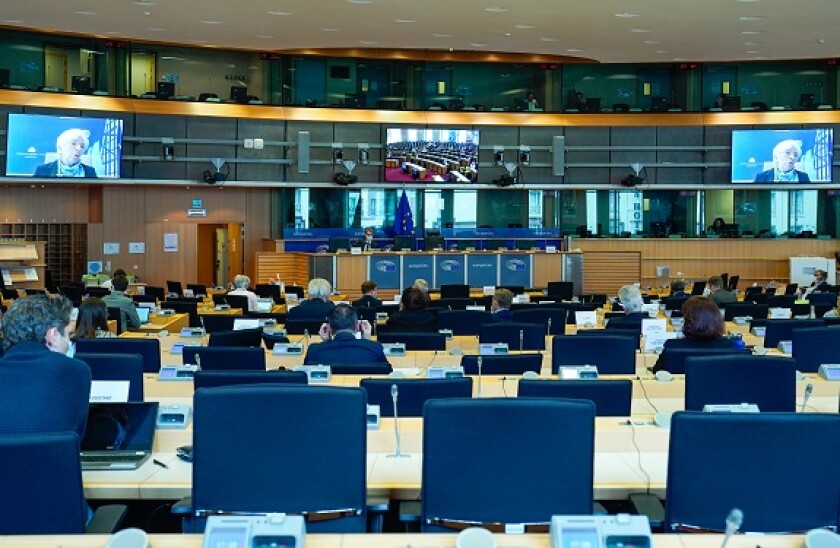When Dutch MEP Paul Tang proposed to limit the STS designation to significant risk transfer deals — a tool banks use to free up capital to lend to the real economy — many in the ABS market saw it as a another step back on the long road to reviving securitization.
If the proposals are passed, many in the SRT market believe they will kill issuance under the new synthetic STS regime.
This will be the conclusion of five years’ work from the European Banking Authority, along with countless hours of work from policymakers, market representatives and regulators.
If policy makers trust the very regime they created, then they should also trust that an STS addition to synthetic deals can only ensure that the market will be held to the very standards they laid out in 2019.
The situation is akin to regulating big pharma by taking out the active ingredients from the medicines they churn out. The end result will be wasted effort, needless paperwork, and a bad taste in the mouth.
The Parliament cannot look tough on securitization while at the same time kick-start the market into saving European banks and SMEs. Sooner or later, it has to pick a side.
Securitization may have earned its bad reputation before and during the 2008 financial crisis, but regulators do themselves no favours by miring around in 12 year old tropes. The issues at hand must take priority, or regulators risk repeating the same reactionary policy measures which hampered the European recovery during the last recession.
The ABS market’s shortcomings and benefits are well known. But policymakers need to make up their mind as to whether the ABS market is redeemed, or forever tainted.

